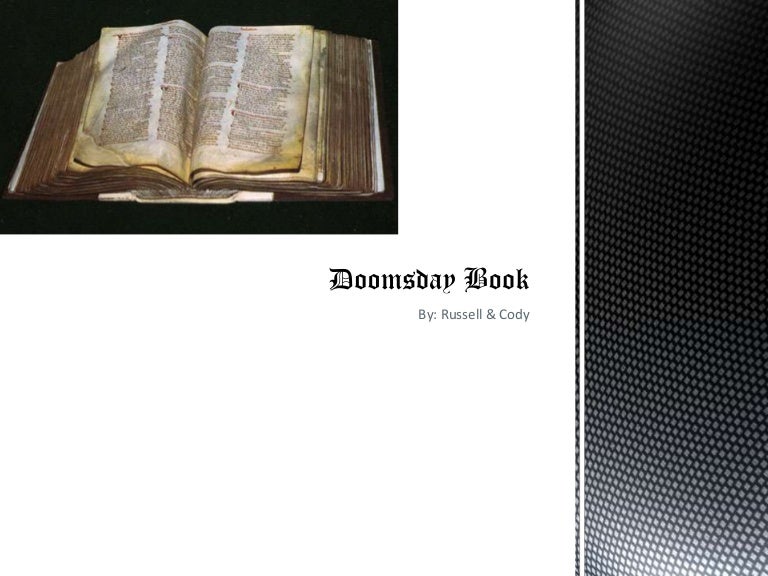

The visiting handbell group from the United States are mostly ludicrous, but their bells are essential for the plot. It is positively graveyard when the bodies are piling up and still Mr Finch is worrying about the college running out of toilet paper and bacon. It becomes darker as people begin to get ill and the city is put into quarantine, exasperation running ahead of desperation. The humour wells up first from the hysterical backbiting between academics determined to pull rank and gain position. Who could have thought that a virus could live so long?įor a novel with such a vast body count, it is unexpectedly funny, in the Oxford parts at least. So does the tech specialist whose developing fever will skew his calculations to send her back in time by about thirty years, and so do some visiting students who later go to a dance in the city.

She has learnt dyeing and weaving in preparation for her role as a noble lady, memorised her languages, understands her cultural idioms and volunteers on an excavation of a tomb from the right period to get the hang of the church architecture. Kivrin is eager, earnest and exceptionally hardworking.

Nothing can possibly go wrong if Kivrin learns enough medieval Latin. Willis recreates Oxford University academic arrogance so well, caricaturing just enough of the confident assertions of the Middle English tutor and the archaeologist that things will be exactly as they teach in tutorials. Interspersed are episodes set in the present day, in which the evolving plot makes the fundamental problem, of not being able to communicate with the person in the past, a massive design flaw. Its structure reminded me immediately of Julian May’s The Many-Coloured Land (1981), in which characters go voluntarily back in time and find it rather different to how they had imagined it would be. It won three awards, including the 1992 Hugo and the 1993 Nebula, and is a time travel novel in which an Oxford PhD student is sent back to the 1348 outbreak of the Black Death by mistake. This novel, as Jo Walton has apparently said, is the one in which Willis got everything right, and it is superb. I fell into Connie Willis’s Doomsday Book with passionate gratitude, after wading through a run of disappointing novels.


 0 kommentar(er)
0 kommentar(er)
